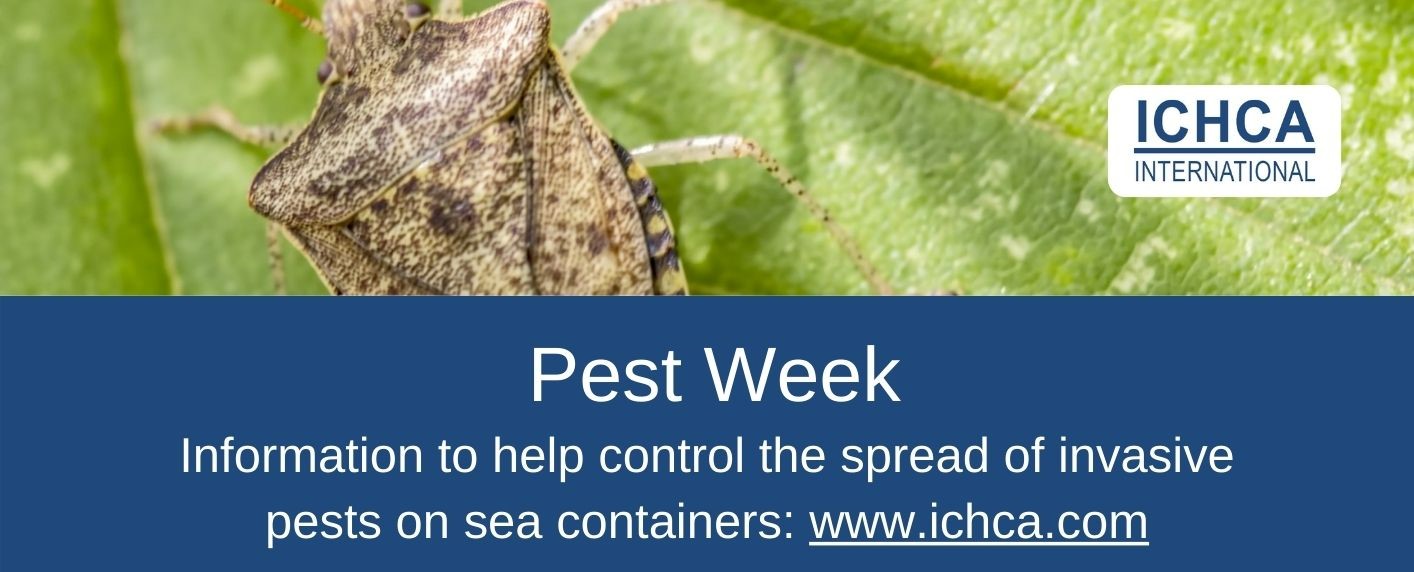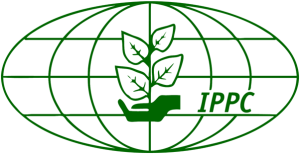Pest Week 2024: International Plant Protection Convention and the Commission for Phytosanitary measures – Meet the regulatory champions
The International Plant Protection Convention (IPPC) is the intergovernmental treaty that aims to protect the world’s plants, agricultural products and natural resources from plant pests. Ratified by 185 contracting parties, the IPPC develops, adopts and promotes the application of International Phytosanitary Measures as the main tool to safeguard global food security, facilitate safe trade and protect the environment.
Plant Health & Food Security
Limiting pest spread, protecting important crops, and collaborating across borders are necessary to feed our world of eight billion people. Pests can destroy crop fields, ruin national crop production systems, cause devastating famine, untold suffering and death. Although 80 percent of all food comes from plants, 40 percent of global crop yields are lost to pests.
The IPPC Secretariat works with contracting parties to train stakeholders and deploy knowledge products to help them improve their national phytosanitary systems and capacity. Seeking to prevent, detect and respond to pest incursions with the goal of a zero-hunger world.
Plant Health & Safe Trade
The Commission on Phytosanitary Measures and the IPPC Secretariat develop and adopt standards, recommendations, diagnostic protocols, and phytosanitary treatments. These standards provide international benchmarks for plant commodity trade under WTO agreement. Standards work is led by the Standards Committee and supported by technical panels, expert working groups, and the IPPC Secretariat.
The IPPC’s electronic phytosanitary certification (ePhyto) system facilitates real-time sharing of information on the phytosanitary status of commodities, improving the efficiency and security of international plant trade.
The IPPC promotes safe trade through standards like ISPM 15 for wood packaging material and collaborates to reduce pest risks in the sea container supply chain, which it sees as a credible pest pathway, emphasizing cleanliness at interchange points.
Plant Health & Environmental Protection
In the face of increased pressure on the environment due to human activities and climate change, the IPPC promotes sustainable pest risk mitigation options and phytosanitary procedures that contribute to human, animal, and plant health. Essential aspects such as surveillance, reporting, pest risk analysis, and management are emphasized in plant protection, particularly in the context of climate change. Standards such as ISPM 6 – focusing on surveillance – provides a crucial technical foundation for various measures against pests that can harm the environment and biodiversity.
IPPC perspective on transfer of invasive pests through the sea container pathway
The IPPC goal here is to identify potential ways of avoiding unnecessary delays in the container transport chain while at the same time mitigating economic losses resulting from plant pests associated with the international movement of sea containers. They publicly recognise the importance of avoiding unnecessary trade interruption. However, they also believe that sea containers represent a significant pathway for plant pests as they move large volumes of internationally traded cargoes. The IPPC position is that “everyone across the international sea container supply chain has a role to play in mitigating these phytosanitary risks.”
Custodial Responsibility
IPPC has called on all parties in the international container supply chain to:
- implement measures to reduce the risk of pest contamination while the container is in their respective control
- exercise due diligence in the form of custodial responsibility for verifying that containers are free from visible contamination before they are transferred to the next responsible party
We will look further at Custodial Responsibility and the Safeguarding Continuum tomorrow
IPPC material © IPPC



